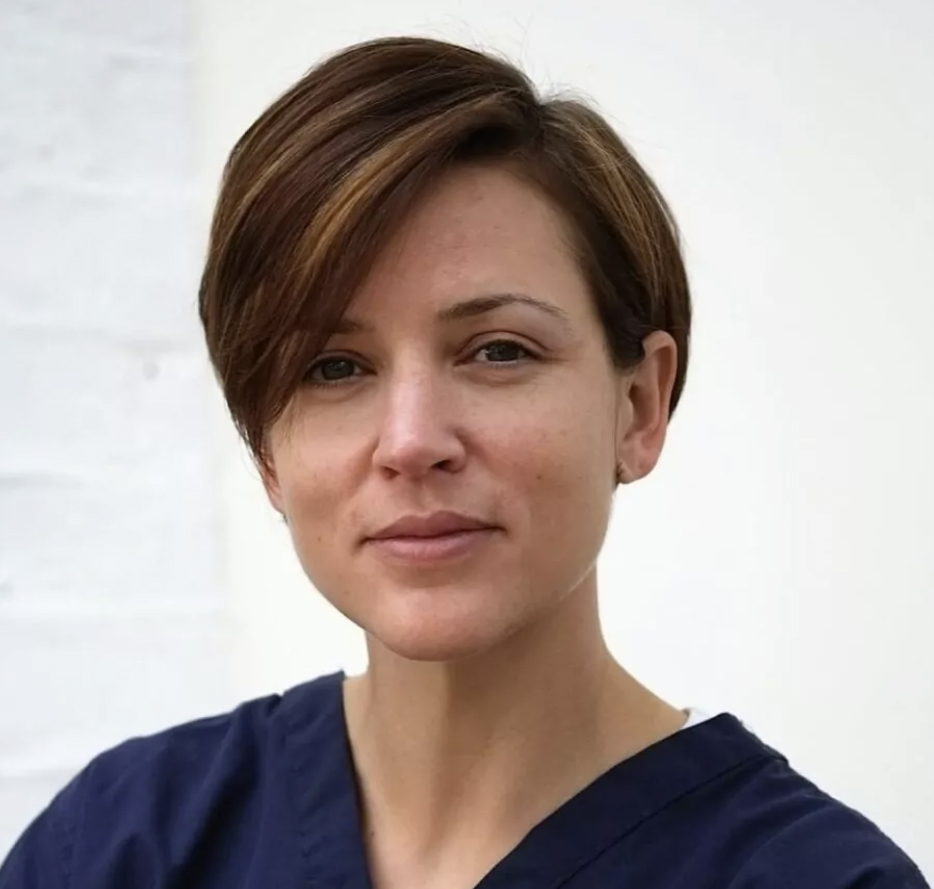A British surgeon who has repeatedly visited Gaza has spoken out about the increasingly desperate situation inside the territory…
Dr. Victoria Rose, a consultant plastic surgeon at Guy’s and St. Thomas’ and Chelsea and Westminster Hospitals in London, says she has witnessed a stark transformation in Gaza’s healthcare environment, citing a shocking combination of severe injuries, scarcity of supplies, and the crippling impact of malnutrition—particularly on children.
“Before the war, we were able to enter Gaza through Israel, taking in any equipment we needed,” Dr. Rose explained. “We had planned missions to dedicated hospitals, with a clear itinerary and the backing of the British Consulate. Now, we’re at the mercy of the WHO and the IDF as to where we can go, what we can bring in, and even which hospitals are functioning.”
Escalating Medical Crisis
A specialist in reconstructive surgery, Dr. Rose typically performs operations such as breast reconstruction for patients in London. However, in Gaza, she addresses blast and bomb injuries, severe burns, and other trauma tied to ongoing conflict.
“When a bomb explodes, debris—masonry, metal, even vehicles—gets propelled at high speed into civilians. Children and adults alike suffer penetrating injuries to the brain, lungs, or abdomen,” she said. “Burn injuries are also common, and we see avoidable accidents like children running into boiling oil or into traffic, because there’s nowhere safe to go.”
According to Dr. Rose, children account for at least half of the patients on any operating list she oversees. With Gaza’s population skewing so young—roughly 50% under 18—she describes a heartbreaking reality: “There is no way they were going to do well under a blanket bombing campaign. We’re seeing more and more pediatric cases with life-threatening injuries.”
Shortages of Aid and Equipment
In addition to traumatic injuries, Dr. Rose highlights the worsening problem of malnutrition—particularly among children—which complicates surgery and recovery:
“If you’re malnourished, you might be too light or too weak for certain procedures. Even if we operate, wounds often fail to heal properly because patients lack essential nutrients and vitamins.”
She also notes how necessary supplies are often blocked from entering:
“From December 1 to December 29, of the 461 aid trucks that were supposed to go in, only 159 actually made it. That’s not just food; it’s also water sanitation, shelter materials, and medical supplies.”
Dr. Rose recounts using basic household items as substitutes for unavailable medical necessities: “We used vinegar to clean wounds when we had no antiseptic dressings. Even the simplest supplies are in short supply or entirely unavailable.”
In the Field Through “Ideals”
Dr. Rose volunteers with IDEALS (International Disaster Emergency Aid and Long-Term Support), a British charity established by colleagues at King’s College Hospital. Initially aimed at training Gaza’s orthopedic and plastic surgeons in specialized procedures, their work has pivoted to emergency care.
“The doctors there are highly dedicated but restricted in their own professional development,” she said. “They can’t easily leave Gaza for medical conferences or training. Our goal was to share expertise and bring equipment, but now we’re barely allowed to carry any supplies across borders.”
Planning Another Return
Despite escalating dangers, Dr. Rose hopes to return in February, although she admits she never knows what to expect:
“I get WhatsApp updates from colleagues listing which dressings or solutions they need, and I try to bring them in my luggage—at the risk of it being confiscated at the border.”
She stressed that her motivation stems from a desire to help those trapped in dire circumstances:
“2.2 million people in Gaza are living in conditions that breach basic human rights. Regardless of the politics, there must be another way to address this crisis.”
How to Help
For those wishing to learn more about Dr. Rose’s organization or support its mission, she recommends visiting ideals.org.
“This is about humanity,” she concluded. “We’re facing unimaginable shortages, and it’s up to all of us—wherever we live—to stay informed and help in any way we can.”
As the conflict wears on, Dr. Rose’s experiences shed light on a widening humanitarian crisis and the urgent need for greater access to medical supplies, safe entry routes, and international support.




